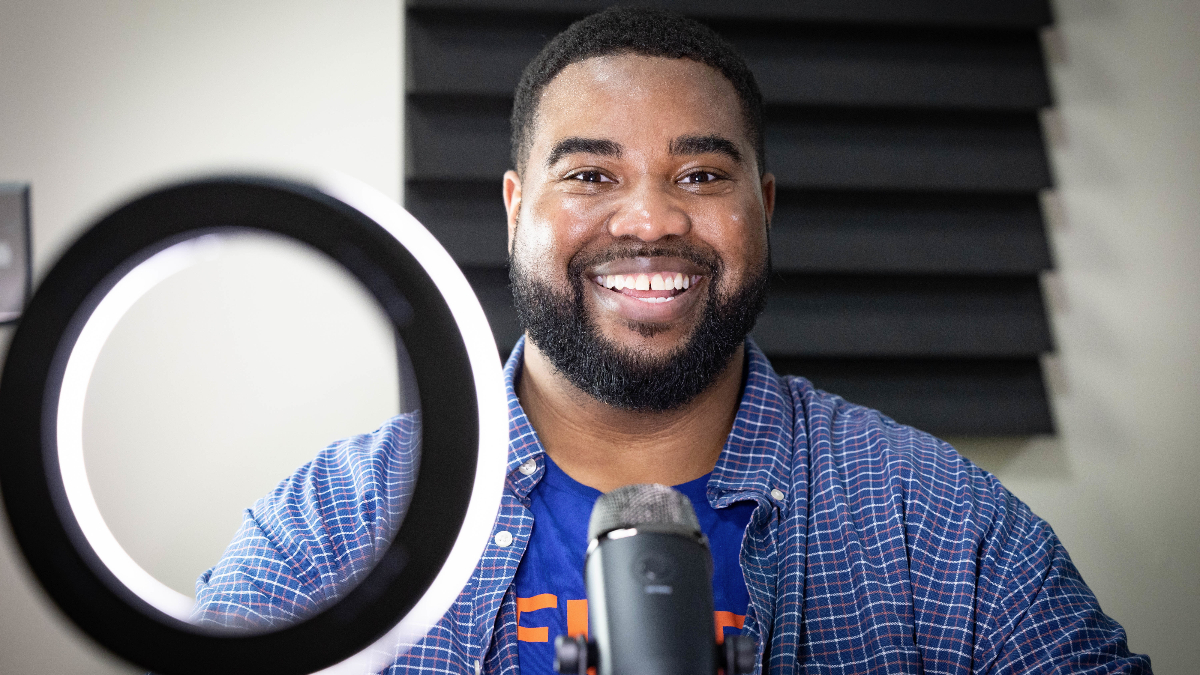Dr. Stephen Spates’ research may help those who struggle with working in teams.
Spates, interim head of the communication department at Missouri State University, studies groups to understand how people navigate their differences to work as a team.
“I focus on workplace relationships when they’re good and when they’re not so good. That becomes the umbrella for my research,” Spates said.
By examining how diverse groups form and solve issues, Spates uncovered strategies that can improve teamwork.
Building a successful team
Spates’ primary research focused on a case study of a hospital team that was planning a new hospital wing. The team consisted of medical and non-medical personnel.
In his study, Spates found that the team was quick to discount the chaplain’s opinions since he was not medical personnel.
“We see a battle happening as the group struggles to accept and value the traditional medical voices and others equally,” Spates said.
Spates found that the best way to create a successful team is to build a foundation of understanding prior to starting any work together.
The team should develop trust amongst themselves and identify how each person adds value to the team. The team should delegate tasks evenly to each member so that everyone can contribute equally to discussion and assignments.
Overcoming differences in diverse groups
In addition to studying people with different career backgrounds, Spates studies how people work together with different cultural backgrounds.
He teaches a graduate course focused on communication and diversity in the workplace.
In the course, students discuss taboo topics to practice understanding and communicating with those who hold opposing views.
To help students in their discussions, Spates employs gamification strategies.
“Games can get through in a different way to students,” he said. “And they can make complex concepts clearer.”
Even though he is early in his career, Spates has published multiple articles and contributed to industry encyclopedia entries and books.

